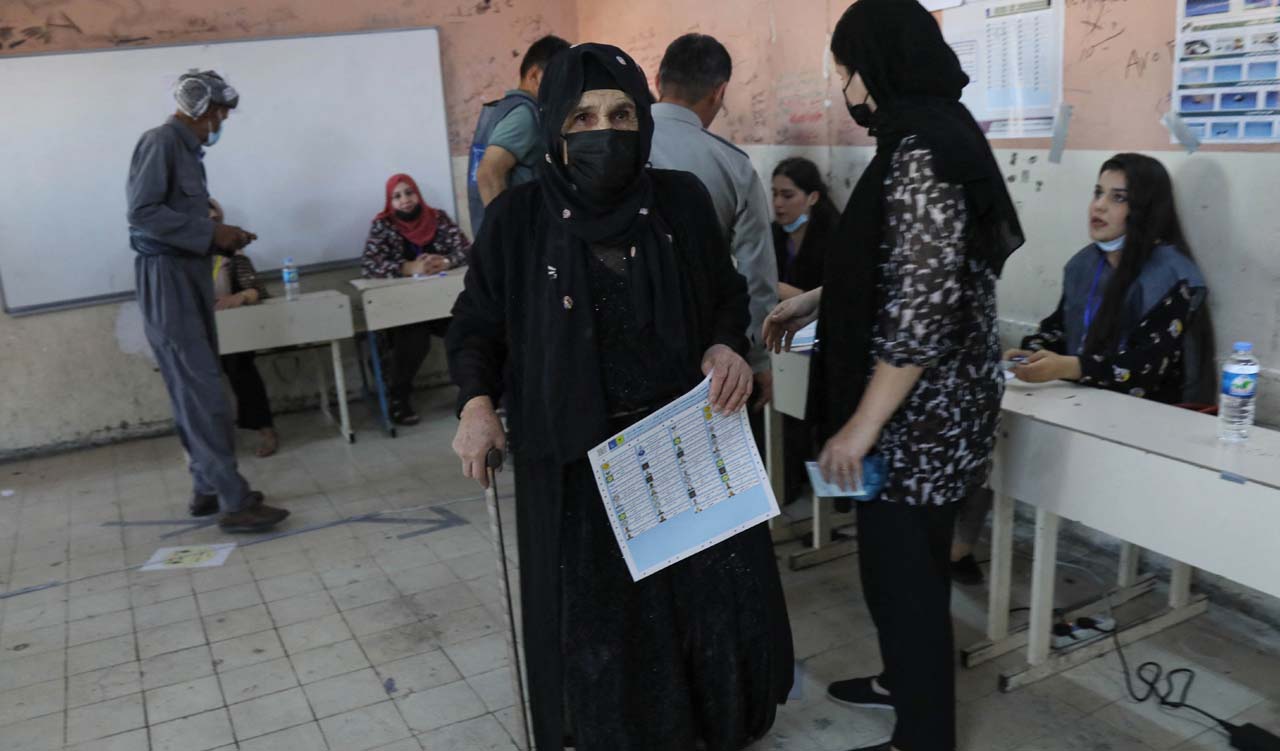99 percent of Christian communities live in Erbil, Duhok, says KRG minister

ERBIL (Kurdistan24) – About 99 percent of the Christian communities in the Kurdistan Region live in Erbil and Duhok provinces, a Kurdistan Regional Government (KRG) minister said on Saturday amid a legal challenge to the quota seats of religious components in the Kurdish legislative house.
The remarks by Ano Jawhar, the KRG Minister of Communication and Transport, came during a presser held at a meeting of various members of the ethnic and religious communities to discuss the ongoing legal challenges by the Patriotic Union of Kurdistan (PUK) to the quota seats of ethno-religious components.
Unlike the Kurds in the Kurdistan Region, the Turkmen, Assyrians, and Chaldean populations are not scattered. Rather, they are mostly concentrated in Duhok and Erbil provinces, the minister, a Chaldean from the Region’s Ankawa – the largest Christian district in the Middle East – said.
“Ninety-nine percent of Chaldean and Assyrians reside in Duhok and Erbil provinces,” he said.
The former head of the PUK bloc in the Kurdistan Region in recent months filled a lawsuit against the “minority quota seats” in the Region’s legislative house amid disputes with KDP on the nature and mechanism of election law.
Per the current Kurdish election law, five seats of the 111-member chamber are allocated to Chaldean and Assyrians as well as another one for an Armenian member of parliament.
The PUK has also objected to the single-member district electoral system, arguing the current form has given electoral advantage to its rival, KDP, which has refused the allegations and expressed willingness to work out new legislation, so the long-delayed election is no longer delayed.
Due to political infighting, the Kurdistan Region parties could not agree on amending the election law last year, triggering the extension of the current Kurdistan Parliament term by a year.
Kurdistan Region President Nechirvan Barzani in early August set Feb. 25, 2024 as the new date for holding elections.
Prime Minister Masrour Barzani on several occasions has reiterated his cabinet’s support for holding the electoral process on time without further due.
